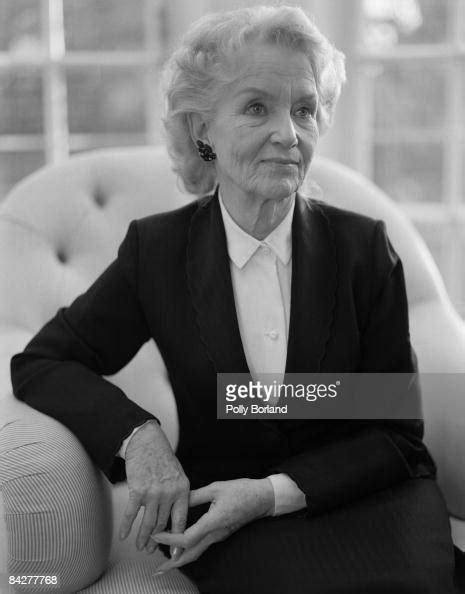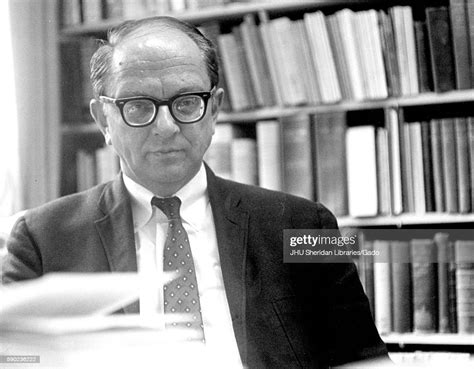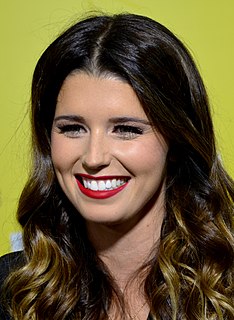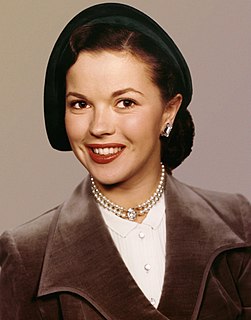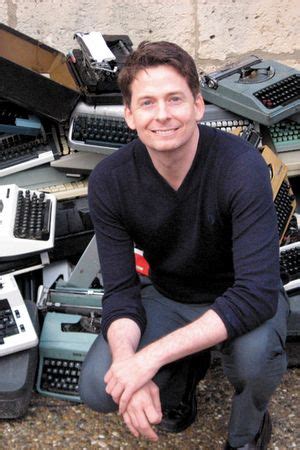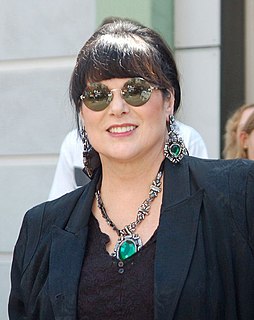A Quote by Carolyn Cassady
Helen Weaver’s book was a revelation to me! Although I was a young woman in the fifties, I was there, but I wasn’t there! This is the most graphic, honest, shameless and moving documentary of what the newly liberated women in cities got up to–how they lived, loved and created. Who knew? It is time they did! And here’s how.
Related Quotes
I've got two older sisters, which I think was the best thing but also the worst thing. They dressed me up like a girl, but at the same time, I think they taught me a lot of what they experienced and what they lived through and passed that on to me as a young man and influenced how I approached not only women but people.
I've got two older sisters, which I think was the best thing, but also the worst thing. They dressed me up like a girl, but at the same time I think they taught me a lot of what they experienced and what they lived through, and passed that on to me as a young man and influenced how I approached not only women, but people. I got very lucky with the family I was born into. From my older sisters to my mother and father, they're just good, kind-hearted people.
The thing that really got me about Janis the most, was how liberated she was. She stood in that power even though it was kind of that platform of blues of being completely tormented, that enabled her to just stand there and let it go at a time when woman were not doing that...she just came out in the completely undone, unwrapped way and I think spoke right out of a woman's soul. Directly.
If I get stuck, I look at a book that tells me how someone else did it. I turn the pages, and then I say, 'Oh, I forgot that bit,' then close the book and carry on. Finally, after you've figured out how to do it, you read how they did it and find out how dumb your solution is and how much more clever and efficient theirs is!
Young women don't want to be called feminists because it's not sexy and ah they think that their mothers and grandmothers have achieved everything they want. They don't know how poor women live, how women in rural places live, how 80 percent of women in the world are the poorest of the poor, how still there are 27 million slaves, and most of them women and girls.
I knew from the time I was 6 or 7 that music was something I had to do. Growing up, my parents did everything they knew how to do to support me. My dad was always kinda my roadie; he drove me from gig to gig. But I got my own gigs. I was this 12-year-old kid, shuffling business cards, calling people, telling them I wanted to play.
